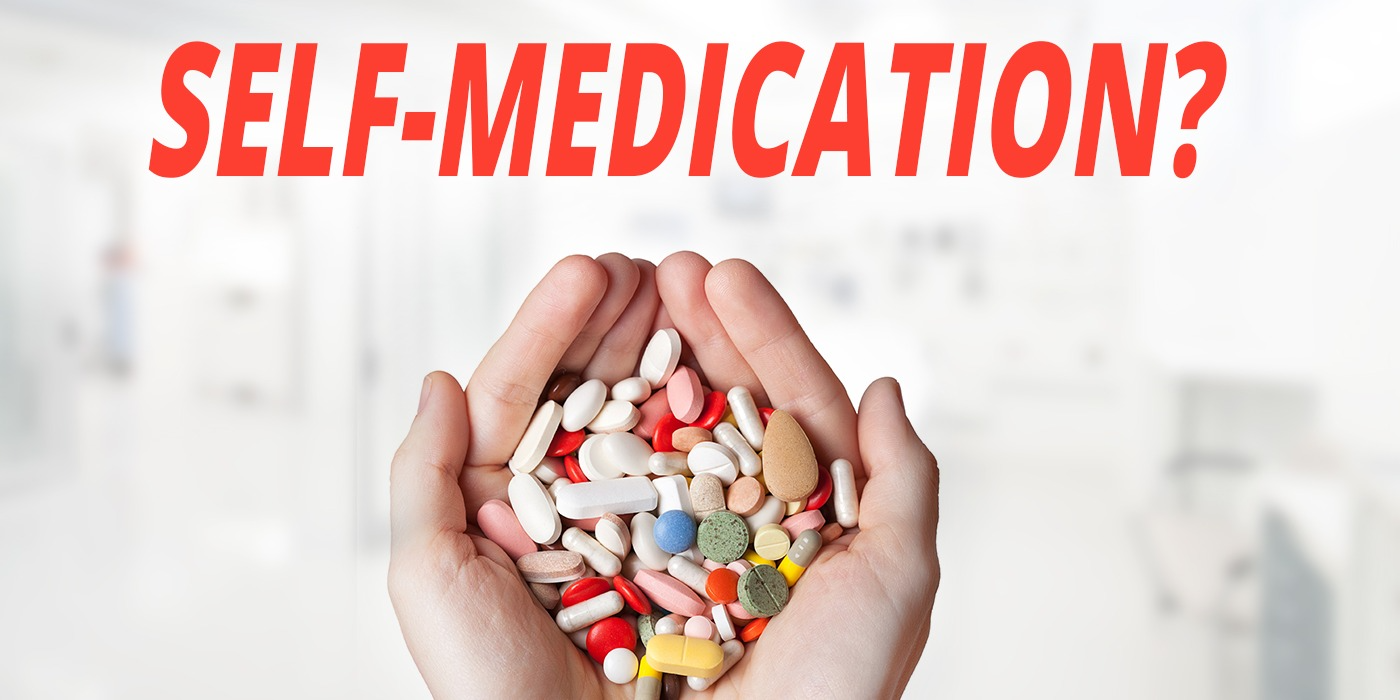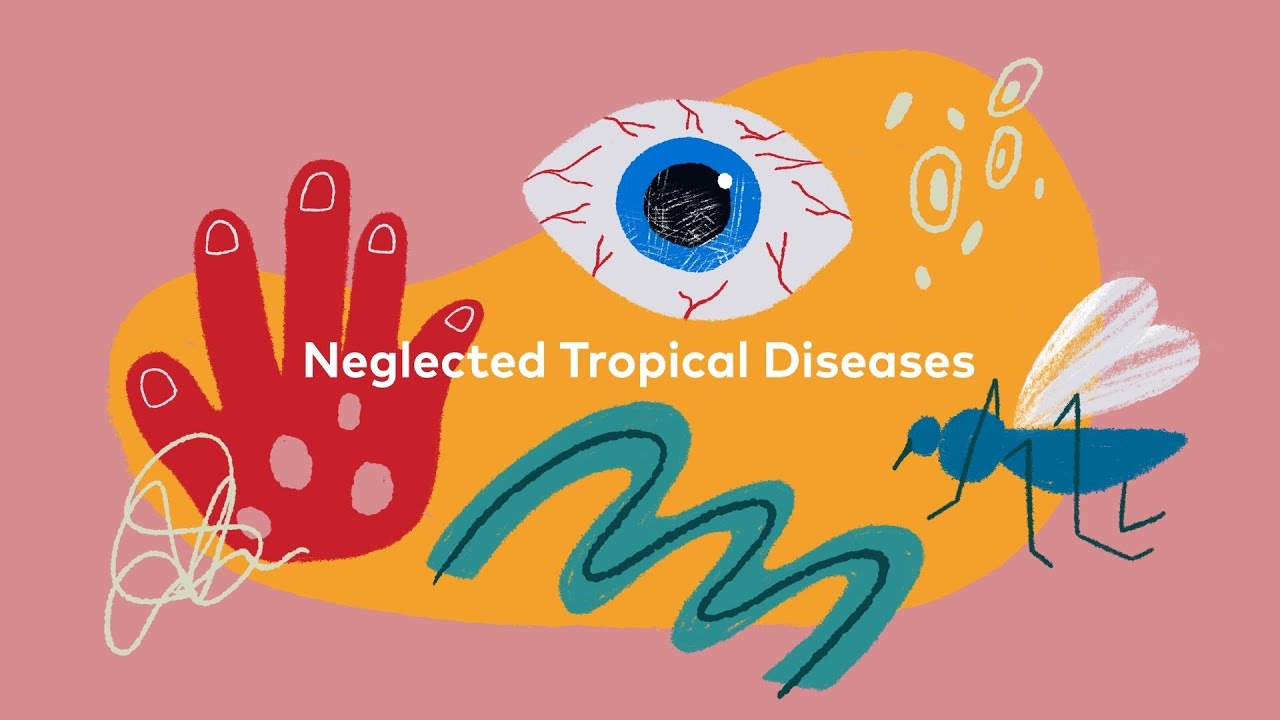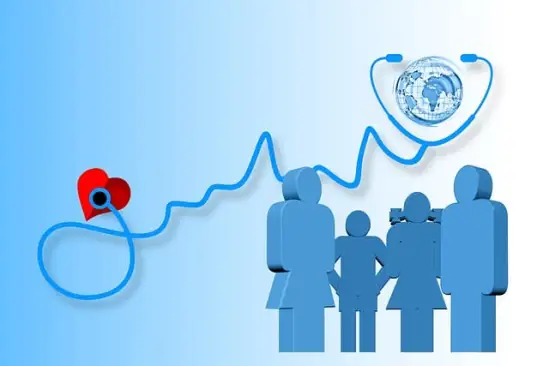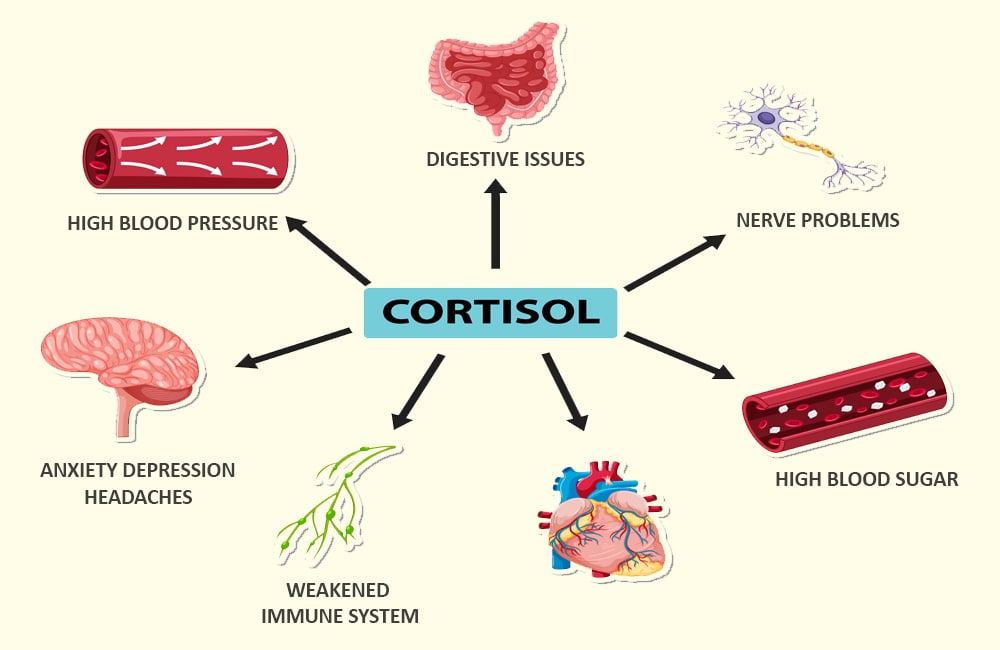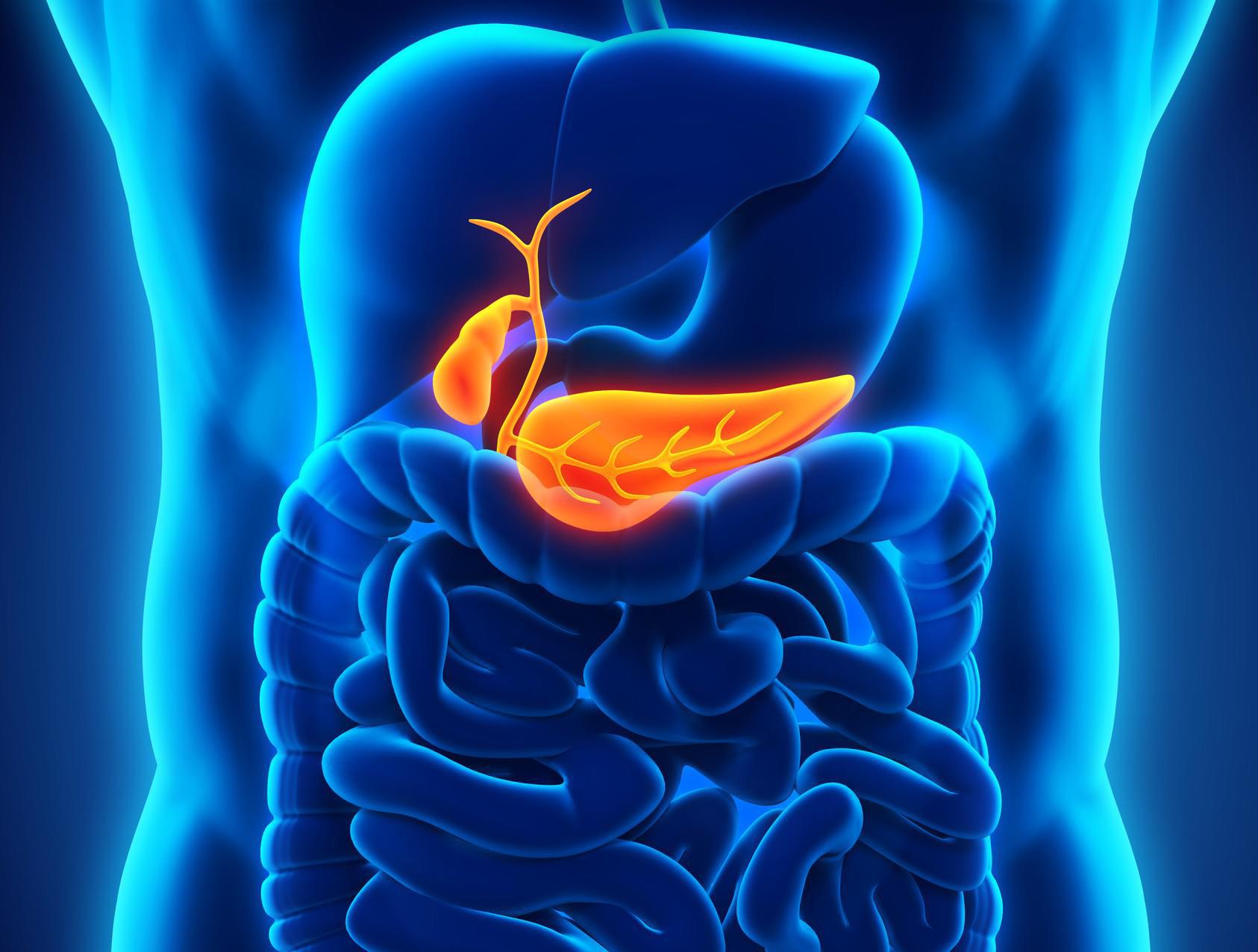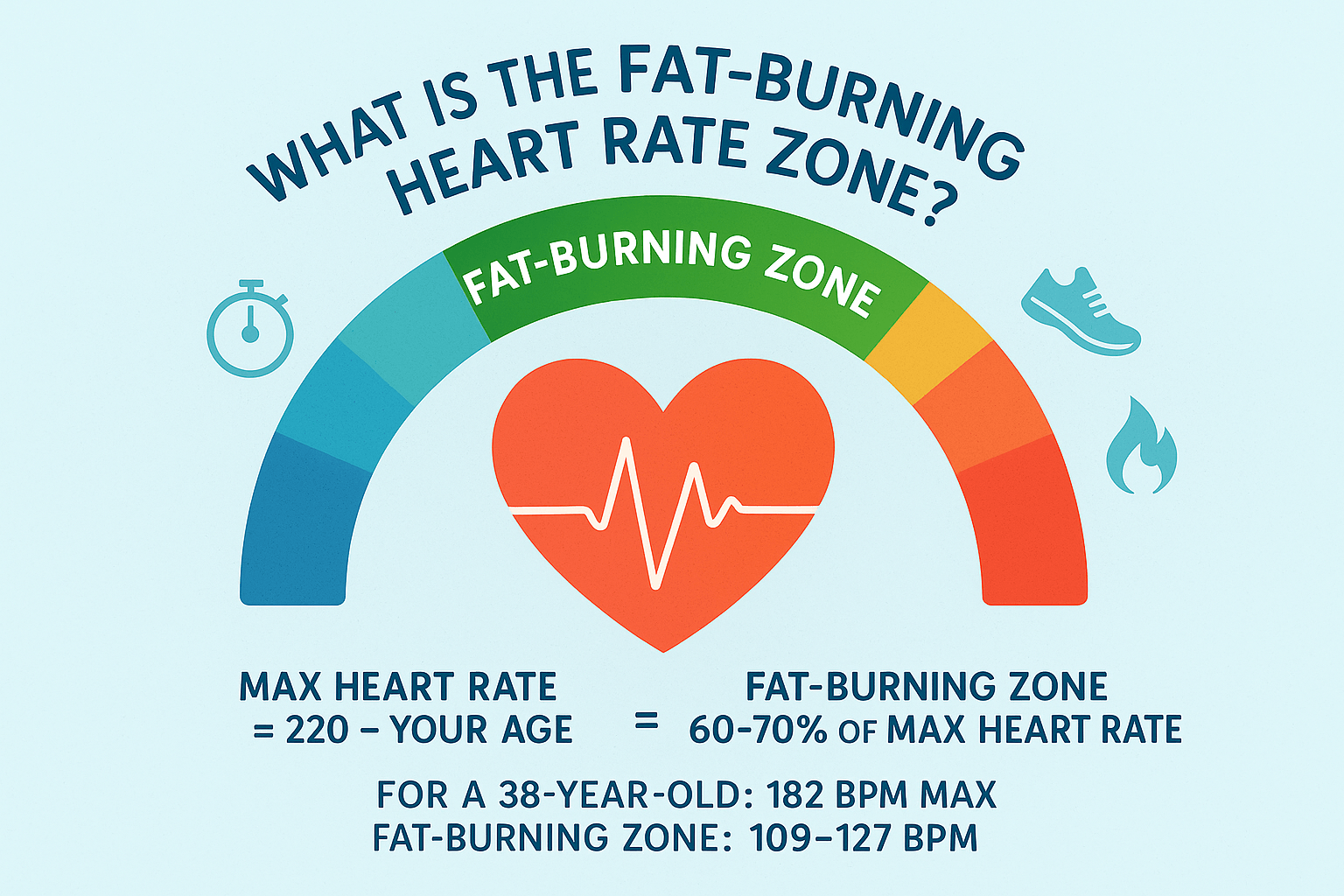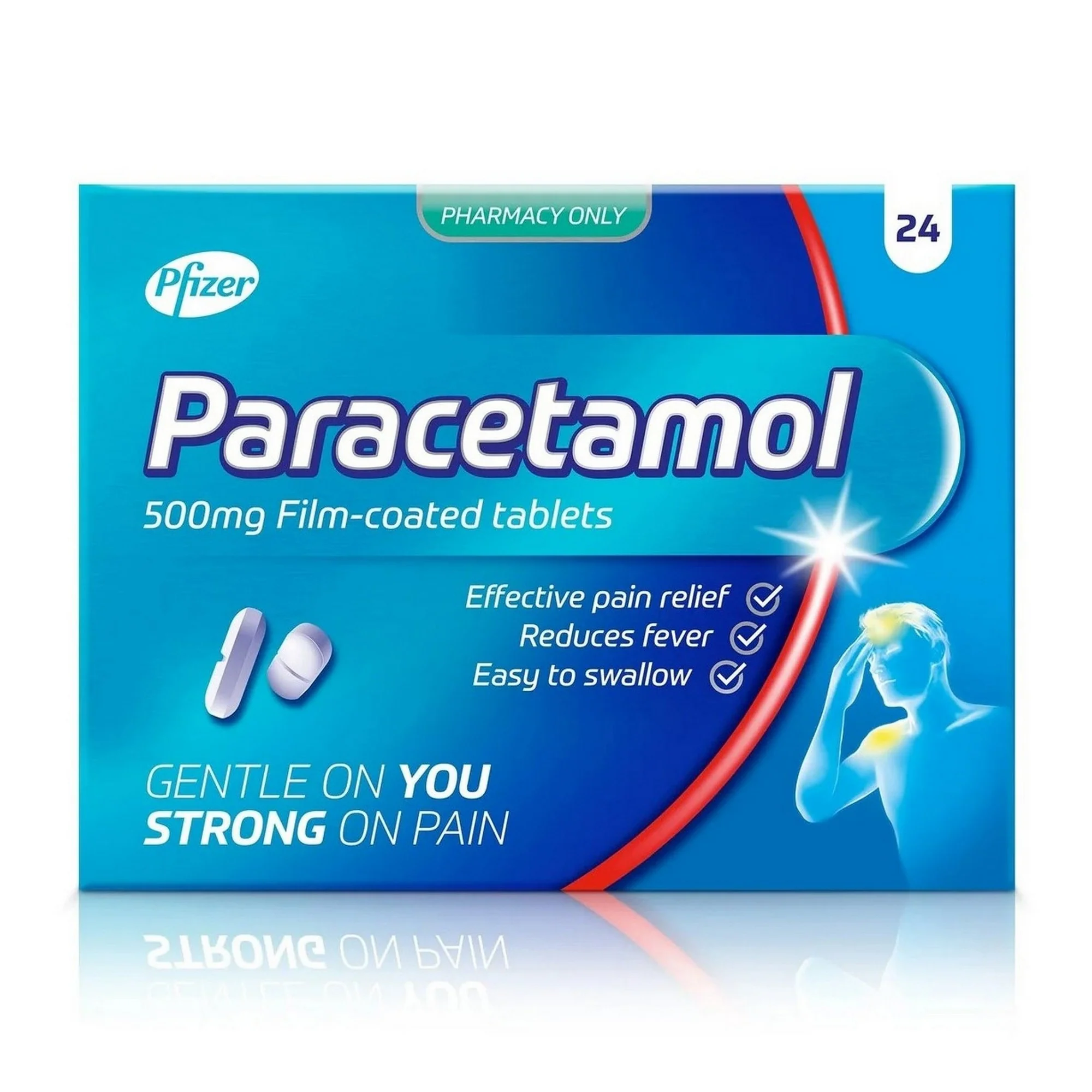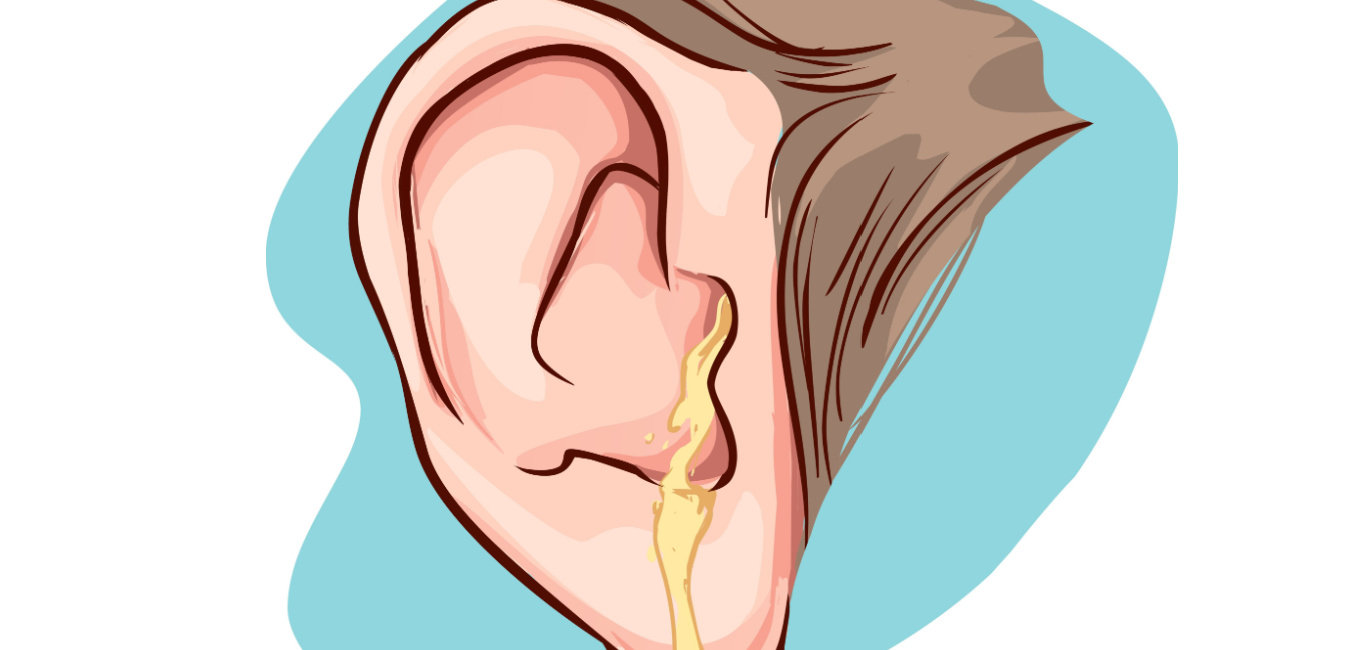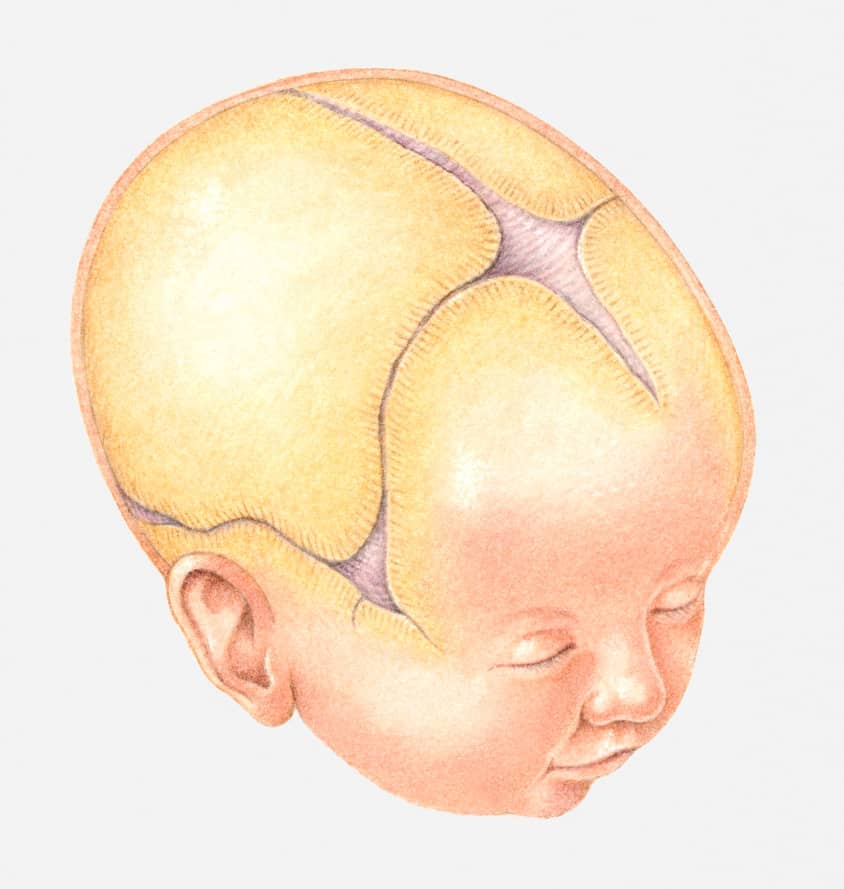Self‑medication—using medicines without professional guidance—may seem convenient, but it carries serious health risks. From misdiagnosis and incorrect dosing to dangerous drug interactions and antibiotic resistance, taking medications on your own can do more harm than good. This article explains what self‑medication is, outlines its key dangers, and offers practical recommendations to help you use medicines safely and effectively.
What Is Self‑Medication?
Self‑medication happens when individuals choose and use medicines—whether over‑the‑counter (OTC) products or leftovers from previous prescriptions—without consulting a doctor or pharmacist. Common scenarios include:
-
Treating a persistent headache with painkillers purchased directly from a pharmacy
-
Taking antibiotics saved from an earlier infection
-
Using herbal supplements or vitamins based on online advice
While occasional use of simple remedies for minor ailments may seem harmless, regular or inappropriate self‑medication can mask serious conditions and undermine proper treatment.
Key Risks and Dangers
1. Misdiagnosis and Delayed Treatment
Many mild symptoms—such as fatigue, low‑grade fever, or stomach discomfort—can indicate more serious illnesses. Self‑diagnosing based on partial information may delay essential medical evaluation, allowing an underlying disease to worsen.
2. Inappropriate Drug Selection
Choosing the wrong medicine for your symptoms can not only fail to relieve discomfort but also introduce new health problems. For example, using decongestants without checking blood pressure can exacerbate cardiovascular issues in susceptible individuals.
3. Incorrect Dosage and Duration
Taking too little of a medication renders it ineffective, while overdosing can lead to toxicity. Misreading labels, misunderstanding dosing schedules, or extending treatment beyond recommendations all increase the chance of adverse events.
4. Dangerous Drug Interactions
Combining OTC painkillers, antihistamines, or herbal supplements with prescription drugs can trigger harmful interactions. These may range from increased bleeding risk (when mixing NSAIDs with blood thinners) to impaired liver function.
5. Side Effects and Contraindications
No medication is free from side effects. Even common OTC drugs like ibuprofen can cause gastrointestinal bleeding, kidney damage, or auditory problems when misused. Pregnant women, nursing mothers, and people with chronic conditions often have specific contraindications that require professional oversight.
6. Masking Symptoms
Self‑medication can hide critical signs—such as a fever brought down by antipyretics—interfering with accurate diagnosis and delaying targeted treatment.
7. Antibiotic Resistance
Misusing antibiotics—skipping doses, stopping early, or using leftover pills—promotes the growth of resistant bacteria. Antibiotic resistance is a global health crisis that makes once‑treatable infections harder and more expensive to cure.
8. Use of Expired or Improperly Stored Drugs
Expired medications often lose their potency; sub‑potent antibiotics may fail to clear infections, contributing further to resistance. Inadequate storage (exposure to heat, light, or humidity) can also degrade drug quality.
Safe Practices for Responsible Medication Use
-
Consult a Healthcare Professional: Seek medical advice for persistent, severe, or unusual symptoms. When in doubt, a qualified pharmacist or doctor can recommend the right treatment.
-
Read Labels Thoroughly: Follow dosage instructions, note warnings, and observe recommended treatment durations.
-
Avoid Expired Medicines: Safely dispose of old medications through pharmacy take‑back programs.
-
Disclose All Medications: Inform your healthcare provider about every drug, supplement, or herbal remedy you take to prevent interactions.
-
Special Populations: Pregnant or breastfeeding women, children, and people with chronic illnesses should never self‑medicate without explicit medical approval.
-
Educate Yourself: Reliable sources—national health agencies, professional societies, and accredited medical websites—can help you understand when self‑care is appropriate and when you need a doctor’s evaluation.
Conclusion
Self‑medication may offer short‑term relief, but its hidden dangers—from misdiagnosis and severe side effects to fueling antibiotic resistance—pose significant threats to your health. By following safe practices, consulting healthcare professionals, and staying informed, you can ensure that medications work for you, not against you. Prioritize professional guidance and responsible use to protect your well‑being.
